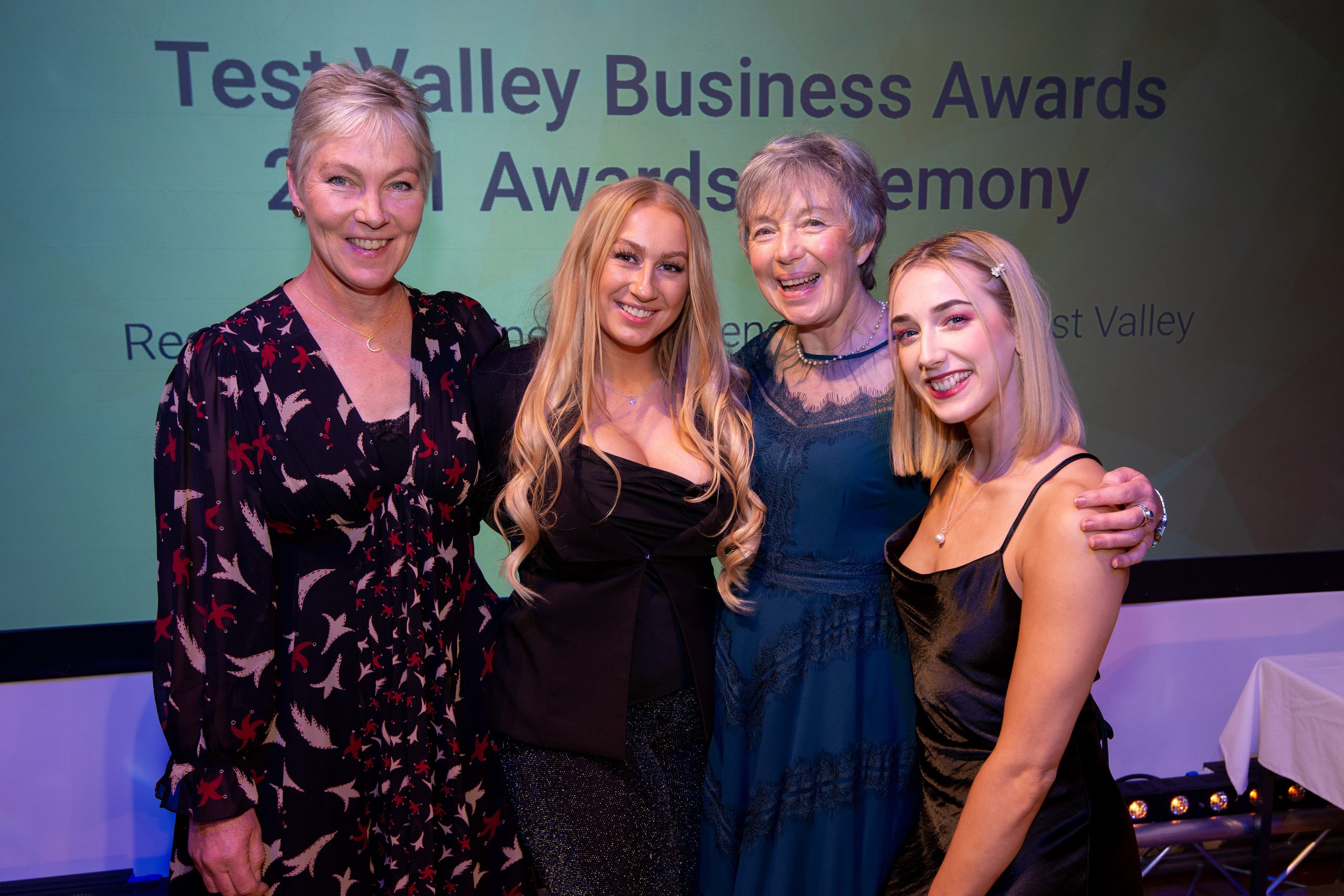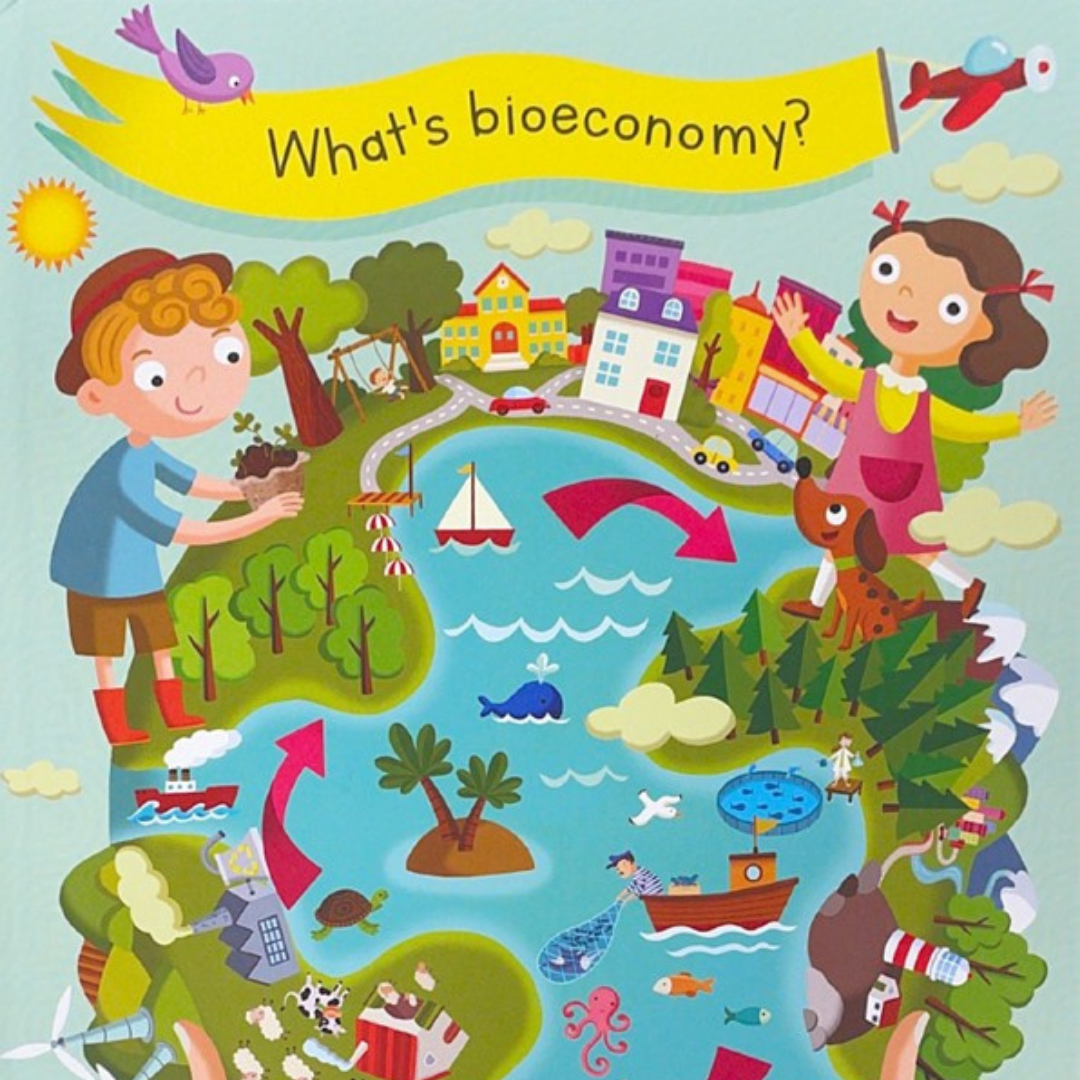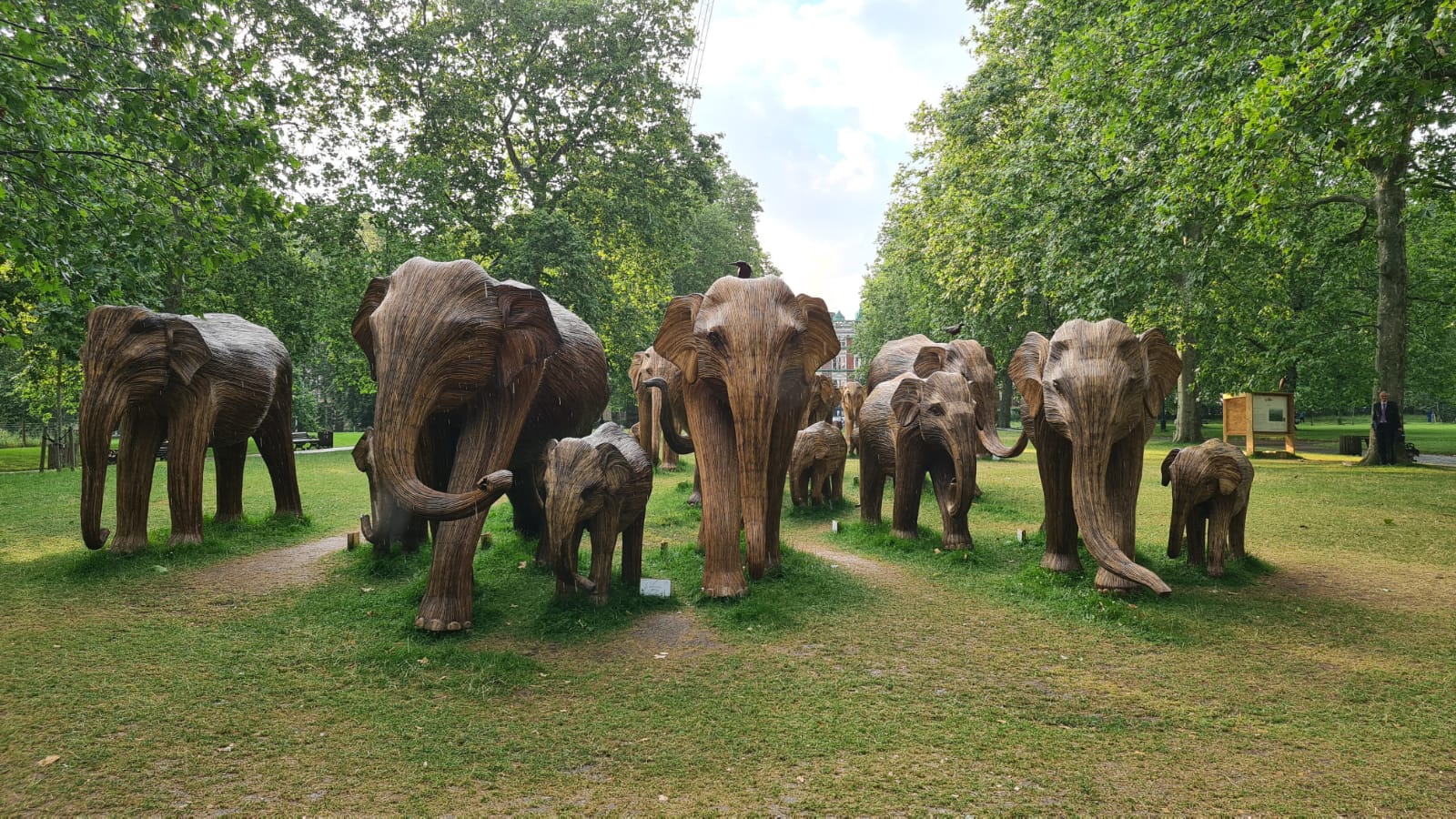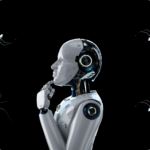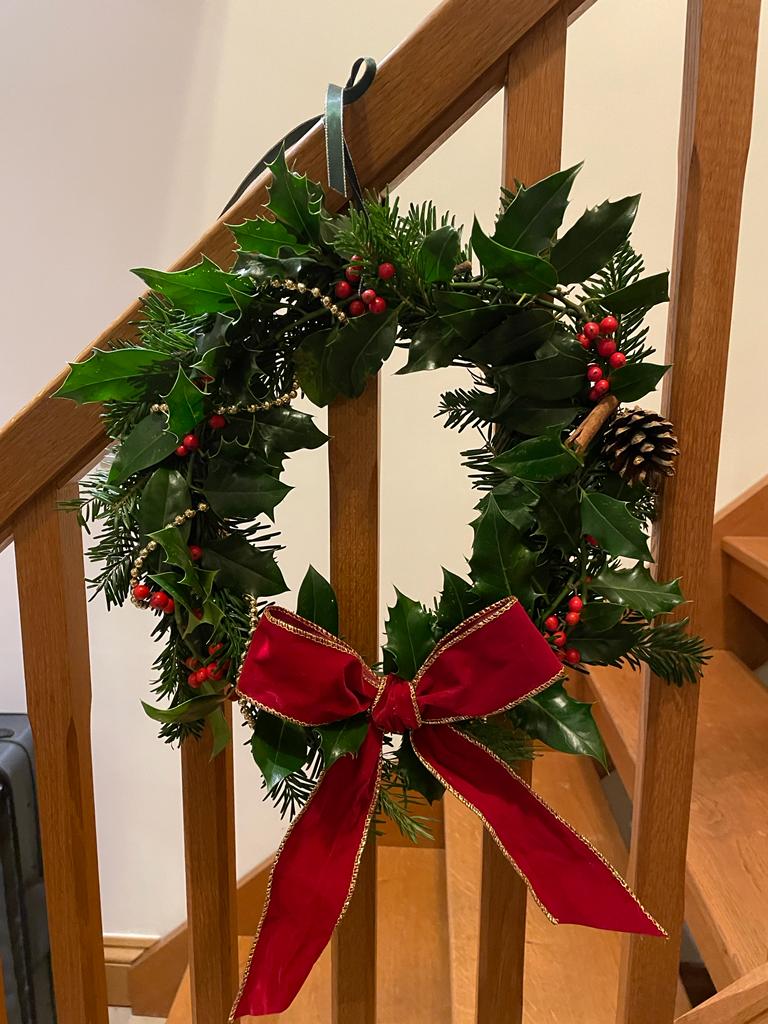Six Lessons Learned in Six Months By Molly Burchell, Account Executive 30th November 2021 Our newest team member discusses what she has learned so far at Minerva. This month, I am celebrating my sixth month working as an Account Executive at Minerva Communications UK. This is my first job out of university that has …

Breaking Down Scientific Barriers
The Power of Conversational Communication in Science
By Amanda Beard
21st November 2023
Communicating science to the public and policy-players can be a challenge for researchers, especially when it comes to conveying complex information to those who are unfamiliar with the concepts and language. However, there is a way to break down these barriers and bridge the gap between scientists and the rest of the world – conversation. By engaging in dialogue, scientists can make science relatable and understandable, ultimately leading to an informed and engaged public, supporting the implementation of innovation.
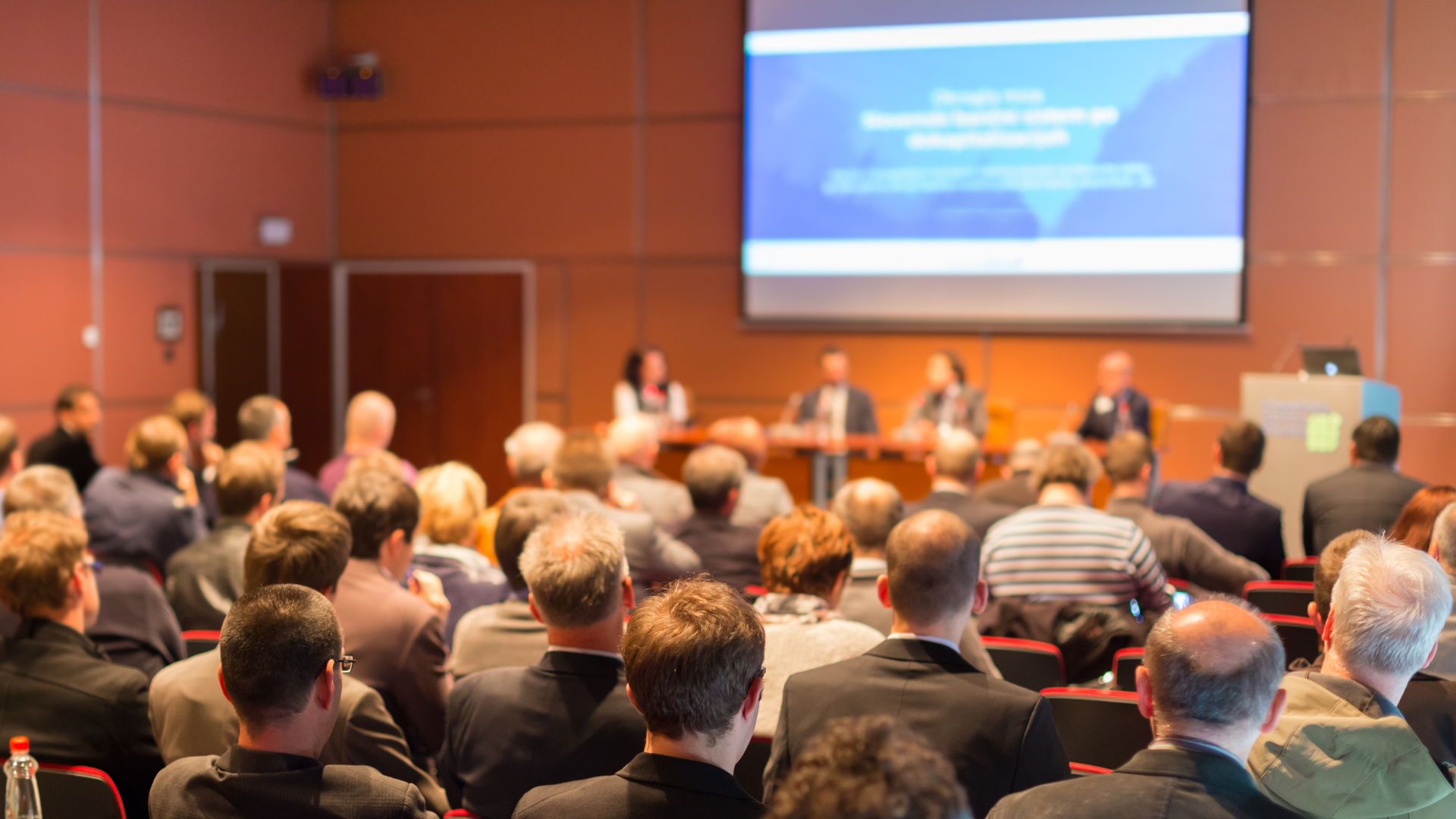
Dialogue, examples and stories
Conversational communication is an effective way to make science accessible. By engaging in dialogue with others – formally and informally – scientists can make their research accessible, break down the technical jargon, and explain concepts in a way that is easier for all to take on board and understand the potential.
Using relatable examples and stories to illustrate points can make information more engaging and memorable for the audience. One way to do this is to refer to everyday products or life experiences, or even create a central character or player that focuses on a main component of research such as a protein or microbe, to tell a story. For instance, a cosmic vacuum cleaner analogy can be used to explain the complex idea of a black hole, or relatable imagery of the Earth as a cozy blanket can be used to explain the greenhouse effect and the potential impact of climate change.
This approach is particularly effective when communicating to non-scientific audiences, as it provides a personalised and interactive experience.
Promote scientific literacy and understanding
Making science accessible through conversation is a critical step in promoting scientific literacy. When scientists effectively engage with people from all walks of life, they are able to break down the barriers that hinder the understanding of complex concepts.
Address misconceptions & provide relevant context
Through conversation, scientists can address common misconceptions and provide context for their research. Two-way conversation enables questions to be answered and explanations given to help clarify scientific concepts as well as dispel myths and misinformation. For example, researchers involved in a talk or conference or zoom meeting, could invite questions from their audience. These could be either be asked directly or submitted anonymously in advance of or at the event, in case of worry about it being seen as a simplistic or even ‘stupid’ question.
Foster collaboration & idea exchange
Communicating science through open dialogue can also help to foster collaboration and idea exchange. Scientists can gain valuable feedback and insights from the public, enriching their own understanding and learning more about their audience’s interests and concerns. This feedback can then be used to tailor future research projects to better meet the needs of the public as well as supporting the implementation of innovation.
Make a positive impact on society
There is often a disconnect between scientific research and public policy. However by engaging in conversation with policymakers and the public, scientists can help to ensure that their research is used to inform policy decisions and therefore make an impact rather than being lost in the daily ‘soup’ of information.
The Royal Society’s conversazione meetings
The Royal Society’s conversazione meetings demonstrate the power of conversational communication in science. Originating in the 19th century, these free gatherings aimed to bring science to the masses. They were open to the public, offering an informal and friendly atmosphere where scientific ideas and discoveries could be shared. The meetings featured demonstrations and exhibits, allowing attendees to witness science in action. Today, conversazione meetings are still held by the Royal Society (https://royalsociety.org/) and continue to provide a platform for scientists to communicate their work to a wider audience as well as inspiring the next generation of scientists and innovators.
Communicating science through conversation is a powerful tool for promoting scientific literacy and fostering a more informed and engaged society, as demonstrated by the success of the Royal Society’s conversazione meetings.
Science is about collaboration and that needs to continue throughout the research period and on to dissemination and knowledge exchange.
In conclusion, conversational science is an effective key to unlocking the potential of research, no matter the discipline.
More Blogs
Driving awareness for a more sustainable future
Driving awareness for a more sustainable future Interactive book for families and schools provides ‘bio-based’ food for thought By Amanda Beard, Account Manager, Minerva UK October 2021 Case Study: Bradford Science Festival 2021 The Bradford Science Festival (BSF) was first established in 2017 by the National Science & Media Museum with the aim to engage …
Elephants – megagardeners of the forest
Elephants – megagardeners of the forest Iconic Species essential for biodiversity needs our help By Rhonda Smith, Director, Minerva UK August 2021 More Blogs
Investigating the effectiveness of biodegradable and compostable packaging
Investigating the effectiveness of biodegradable and compostable packaging The Citizen Science Home Composting Experiment By Virginia Neal January 2021 More Blogs
Christmas – culturally diverse and sustainable celebrations
Christmas – culturally diverse and sustainable celebrations Szilvia Newell, Office Manager at Minerva, explores and explains Hungarian and British traditions 5th December 2023 The holiday season is a time of joy, love, and celebration. It is also a time when people around the world come together to celebrate various cultural and religious traditions. While Christmas …
Christmas – culturally diverse and sustainable celebrations Read More »
Breaking Down Scientific Barriers
Breaking Down Scientific Barriers The Power of Conversational Communication in Science By Amanda Beard 21st November 2023 Communicating science to the public and policy-players can be a challenge for researchers, especially when it comes to conveying complex information to those who are unfamiliar with the concepts and language. However, there is a way to break …
Is AI the Scariest Innovation Ever for Halloween?
Is AI the Scariest Innovation Ever for Halloween? – Written by AI Author – AI 31st October 2023 As Halloween approaches, our thoughts turn to all things spooky and eerie. While ghosts, goblins, and witches have traditionally been the stuff of nightmares during this time of year, there’s a modern innovation that’s been sending shivers …
Is AI the Scariest Innovation Ever for Halloween? Read More »
Recycle Week 2023: Let’s Make a Difference Together!
Recycle Week 2023: Let’s Make a Difference Together! Author – Vaishnavi Srinivasan 10th October 2023 Taking Action During Recycling Week and beyond Review Your Recycling Habits: Take a moment to review what you currently recycle at home or at work. Are there items you could be recycling but aren’t? Make a list and commit to …
Recycle Week 2023: Let’s Make a Difference Together! Read More »
Zero Waste Week
Join Minerva Communications in Embracing Zero Waste Week! Author – Vaishnavi Srinivasan 30th August 2023 Assess Your Waste: Start by taking a close look at your daily habits. Identify areas where you can reduce, reuse, or recycle more effectively. Set Goals: Challenge yourself to make a big difference during Zero Waste Week. You can do …
Sustainable Celebrations this Christmas
Sustainable Celebrations this Christmas By the Minerva Team 9th December 2021 Use natural or homemade Christmas wreaths and decorations –Mimi Saville, Account Manager “Using natural or homemade decorations are a sustainable alternative to plastic Christmas baubles and artificial wreaths. Meeting with family to forage and create your own garlands or festive wreaths is a great …
Six Lessons Learned in Six Months
Six Lessons Learned in Six Months By Molly Burchell, Account Executive 30th November 2021 Our newest team member discusses what she has learned so far at Minerva. This month, I am celebrating my sixth month working as an Account Executive at Minerva Communications UK. This is my first job out of university that has …
Driving awareness for a more sustainable future
Driving awareness for a more sustainable future Interactive book for families and schools provides ‘bio-based’ food for thought By Amanda Beard, Account Manager, Minerva UK October 2021 Case Study: Bradford Science Festival 2021 The Bradford Science Festival (BSF) was first established in 2017 by the National Science & Media Museum with the aim to engage …
Elephants – megagardeners of the forest
Elephants – megagardeners of the forest Iconic Species essential for biodiversity needs our help By Rhonda Smith, Director, Minerva UK August 2021 More Blogs
Investigating the effectiveness of biodegradable and compostable packaging
Investigating the effectiveness of biodegradable and compostable packaging The Citizen Science Home Composting Experiment By Virginia Neal January 2021 More Blogs
Christmas – culturally diverse and sustainable celebrations
Christmas – culturally diverse and sustainable celebrations Szilvia Newell, Office Manager at Minerva, explores and explains Hungarian and British traditions 5th December 2023 The holiday season is a time of joy, love, and celebration. It is also a time when people around the world come together to celebrate various cultural and religious traditions. While Christmas …
Christmas – culturally diverse and sustainable celebrations Read More »
Breaking Down Scientific Barriers
Breaking Down Scientific Barriers The Power of Conversational Communication in Science By Amanda Beard 21st November 2023 Communicating science to the public and policy-players can be a challenge for researchers, especially when it comes to conveying complex information to those who are unfamiliar with the concepts and language. However, there is a way to break …
Is AI the Scariest Innovation Ever for Halloween?
Is AI the Scariest Innovation Ever for Halloween? – Written by AI Author – AI 31st October 2023 As Halloween approaches, our thoughts turn to all things spooky and eerie. While ghosts, goblins, and witches have traditionally been the stuff of nightmares during this time of year, there’s a modern innovation that’s been sending shivers …
Is AI the Scariest Innovation Ever for Halloween? Read More »
Recycle Week 2023: Let’s Make a Difference Together!
Recycle Week 2023: Let’s Make a Difference Together! Author – Vaishnavi Srinivasan 10th October 2023 Taking Action During Recycling Week and beyond Review Your Recycling Habits: Take a moment to review what you currently recycle at home or at work. Are there items you could be recycling but aren’t? Make a list and commit to …
Recycle Week 2023: Let’s Make a Difference Together! Read More »
